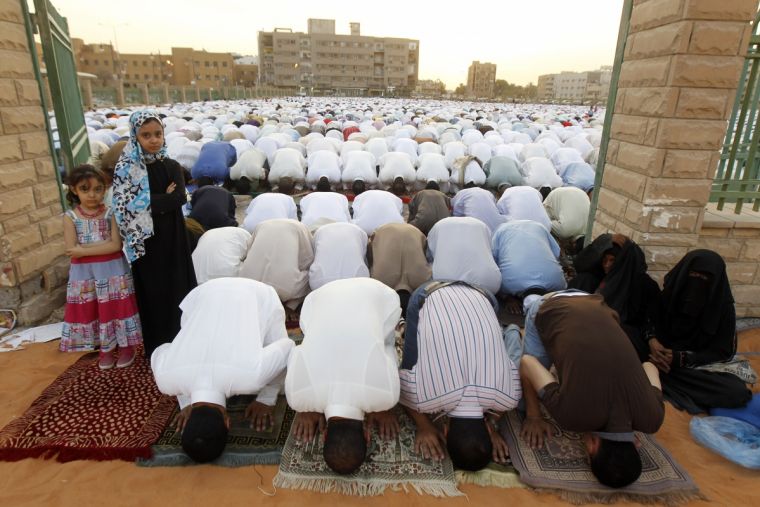'Dodgy allies': Why won't Theresa May publish a report on jihadist funding in the UK?
Theresa May is being urged to publish a report on Saudi funding of extremism in the UK after the second attack by a British-born terrorist in two months.
Both the Manchester bomber Salman Abedi and the Westminster knife man Khalid Masood were born and radicalised in the UK.

In 2015 then Prime Minister David Cameron promised a review of how extremism is funded in Britain.
But eighteen months later there is no sign of the report and the Home Office have admitted it may never be published, according to the Guardian.
The review was launched as part of a deal with the Lib Dems in exchange for supporting the extension of British airstrukes in Syria and is likely to be highly sensitive. It is thought to focus on Saudi Arabia' role in funding jihadi groups in the West.
Lib Dem's foreign spokesman Tom Brake claims the Conservatives are 'worried about upsetting their dodgy allies in the Middle East'.
In a letter to the Prime Minister on Wednesday he said: 'It is not secret that Saudi Arabia in particular provides funding to hundreds of mosques in the UK, espousing a very hard-line Wahhabist interpretation of Islam.
'It is often in these institutions that British extremism takes root.'
Wahhabism is particular strand of Islam that developed in the Gulf in the 18th century under Ibn Abd al-Wahhab (1703-92).
Finding political support from Muhammad Ibn Saud, whose dynasty went on to rule the Saudi Arabian peninsula, Wahhabism grew in strength and power despite is relatively recent innovation.
In many ways Wahhab's aims were similar to Martin Luther's reforming zeal for Christianity 200 years earlier in the 16th century.
He sought to return to Islam's scriptures as the sole source of authority and urged people to study the texts for themselves rather than relying on imams and social leaders.
He also raged against a culture of venerating saints, urging shrines to be destroyed.
Typical Wahhabi mosques are plain, without much flamboyant decorations - much like many churches emerging from the Protestant reformation.
Wahhabism has increased in its violence and extremism since its puritanical beginnings as it has become a major political force in the Middle East.
In the 20th century with the help of vast revenue of petroleum exports, the Saudi ruling classes began funding Wahhabi mosques and schools, known as madrassas, in the West.
Since then the US State Department estimates more than $10 billion of Saudi money has gone into strengthening Wahhabism's strongholds in Europe and the US.

In July 2013 Wahhabism was named by the European Parliament in Strasbourg as the main source of global terrorism.
But the Tory government sees Saudi Arabia as a major ally in the Middle East against its more volatile neighbours in Yemen, Iran, Iraq and Syria.
Picking up on this position, Brake told the Prime Minister: 'You will agree with me that the protection of our country, of the British people, is the most important job of any government. Certainly, more important than potential trade deals with questionable regimes, which appear to be the only explanation for your reticence.'
He added: 'If the Conservatives are serious about stopping terrorism on our shores, they must stop stalling and reopen investigations into foreign funding of violent extremism in the UK.'











